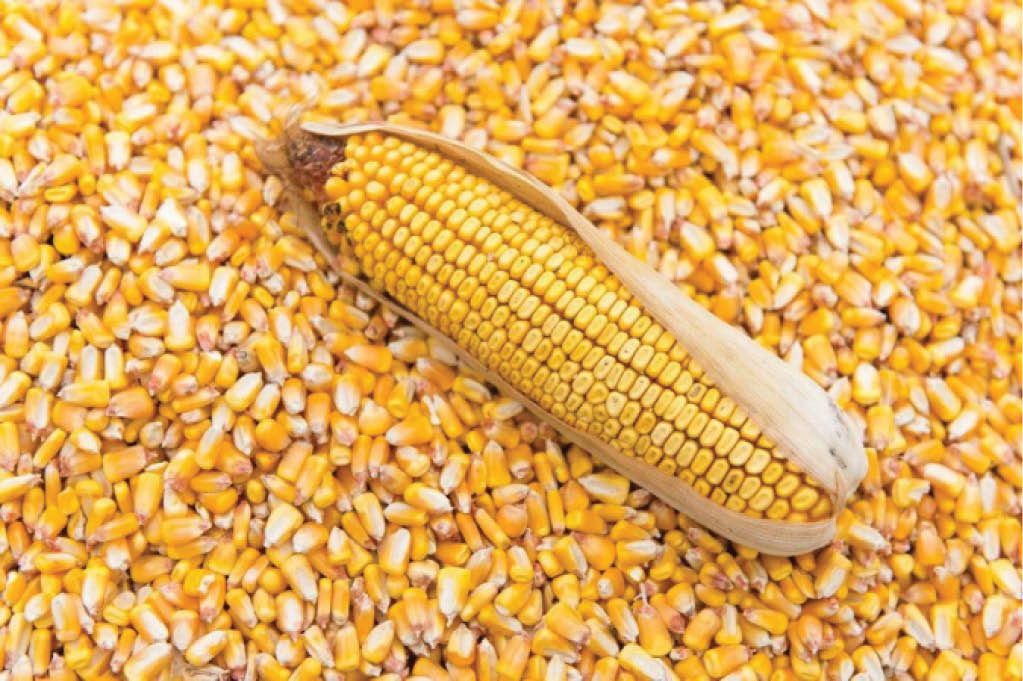How maize crisis may trigger breeder stock disaster
It may take the country another three years to recover even if maize becomes available

Poultry farmers are worried over current prices of maize in the country
Experts have warned that if the current maize shortage forces many poultry farmers to sell off their stocks including breeder stocks, it may take the country another three years to recover even if maize becomes available.
Breeder stocks are groups of males and females which act as parents of future generations. They are carefully selected genetics for breeding purposes in a process that takes longer time and resources.
It would be recalled that in 2009, the country faced a shortage of poultry breeding stock, a condition that severely affected a lot of poultry enterprises.
Industry key players are extremely concerned that the current situation might affect many investments, including breeding farms.
Two months ago, the poultry farmers, through their association, aggregated their demands in a letter to President Muhammadu Buhari for intervention to meet their demand of 1.5 million tonnes between June and December 2020, but that demand was not met.
The farmers continue to feel the brunt as the cost of feeds has gone up astronomically, forcing many of them to sell their birds cheaply.
A few days ago, the Feed Industry Practitioners Association of Nigeria (FIPAN) also wrote to President Muhammadu Buhari to “urgently save the poultry and animal feeds industries from imminent collapse due to the unprecedented maize supply crisis.”
Dr Folarin Afelumo along with other executive members of the association warned that the shortage would shut down many feed mills.
They stressed: “More poultry farmers will sell off their stocks in addition to those already selling theirs to reduce the loses…[and] if the breeder stocks should collapse due to this, it will take the country a minimum of two to three years to recover the industry to the present capacity even when the maize becomes available.”
They appealed for at least four months’ window to allow for importation to safe the industry. Some farmers expressed anger over the loss of their investments because feeds are no longer affordable.
“Small and medium enterprises cannot survive under this hardship…when raw materials are not affordable….I am a farmer, a poultry farmer, and we are experiencing price skyrocketing in feeds which is unbearable and leading to the collapse of businesses ….maize is N20,000 for what?,” Mrs. Lola Betty, a smallholder farmer, said.
At the moment, the smallholder poultry farmers are mostly at the receiving end of the bullet.
“Look, how many people can remove N3,000 now to buy chicken for their families? I took my broilers to the market the other day and many were pricing N2000 and N2, 500. If I sell at that price, nothing for me, but at the same time I can’t keep them because I will have to feed. I have no option but to sell,” Augustine Benjamin, a broiler farmer, said.
Other stakeholders called on the federal government to release grains from the strategic reserve to mitigate the current shortfall.
